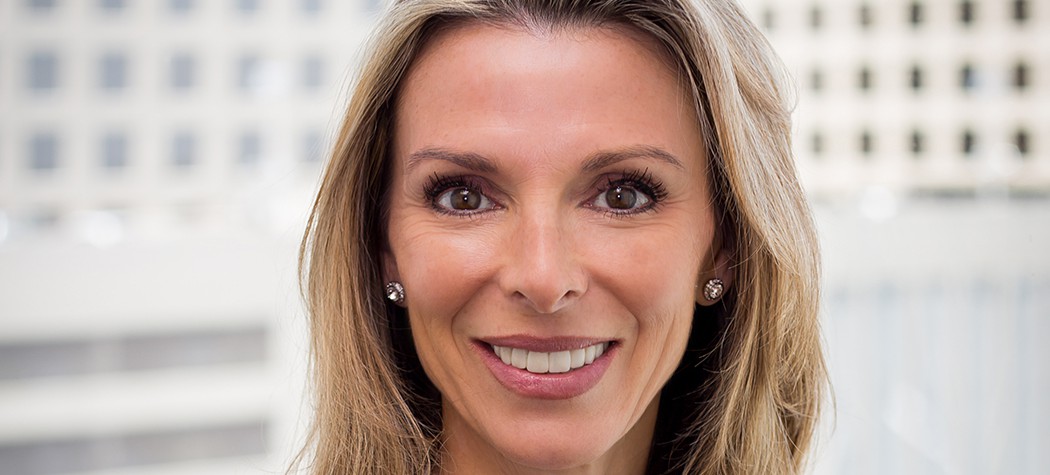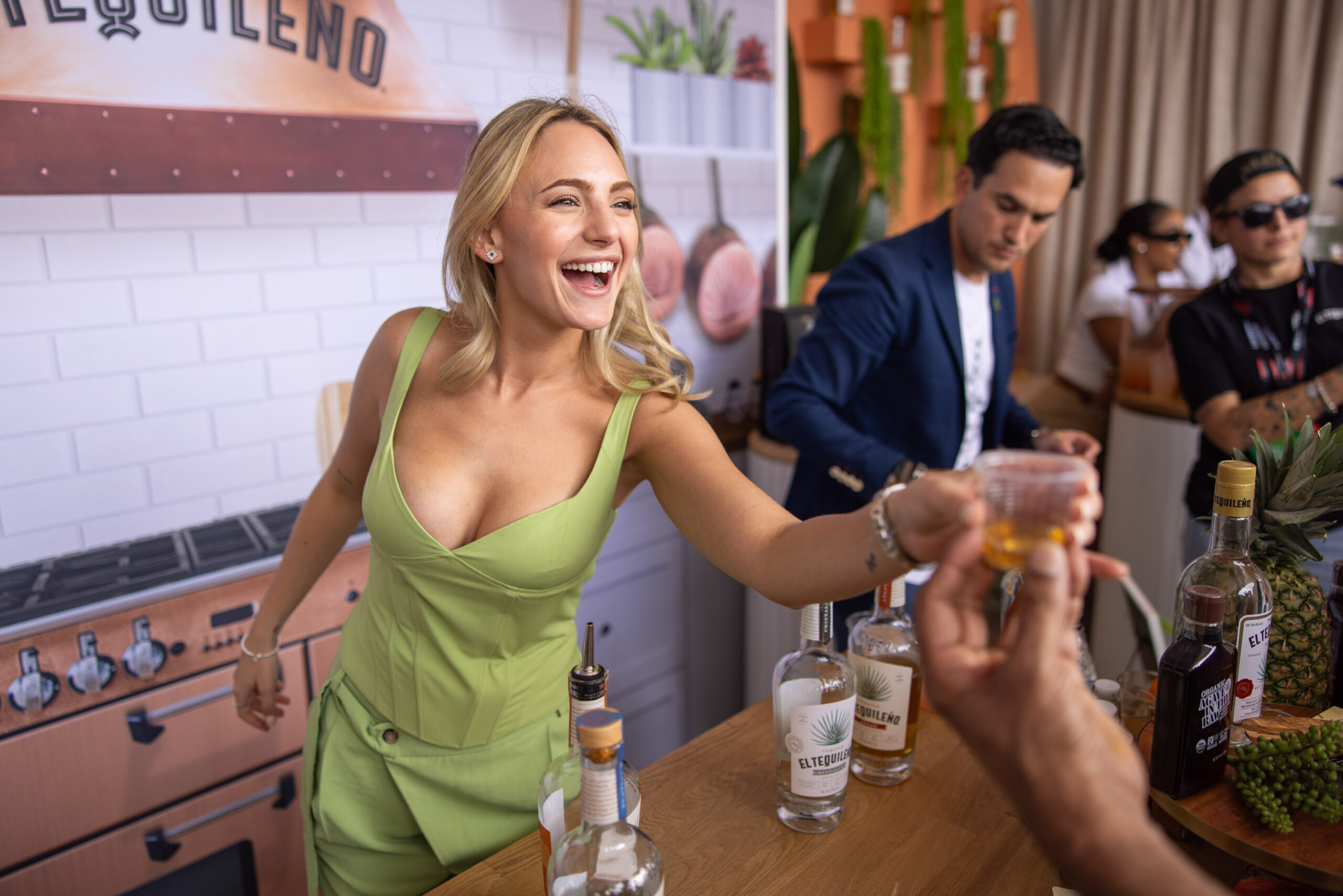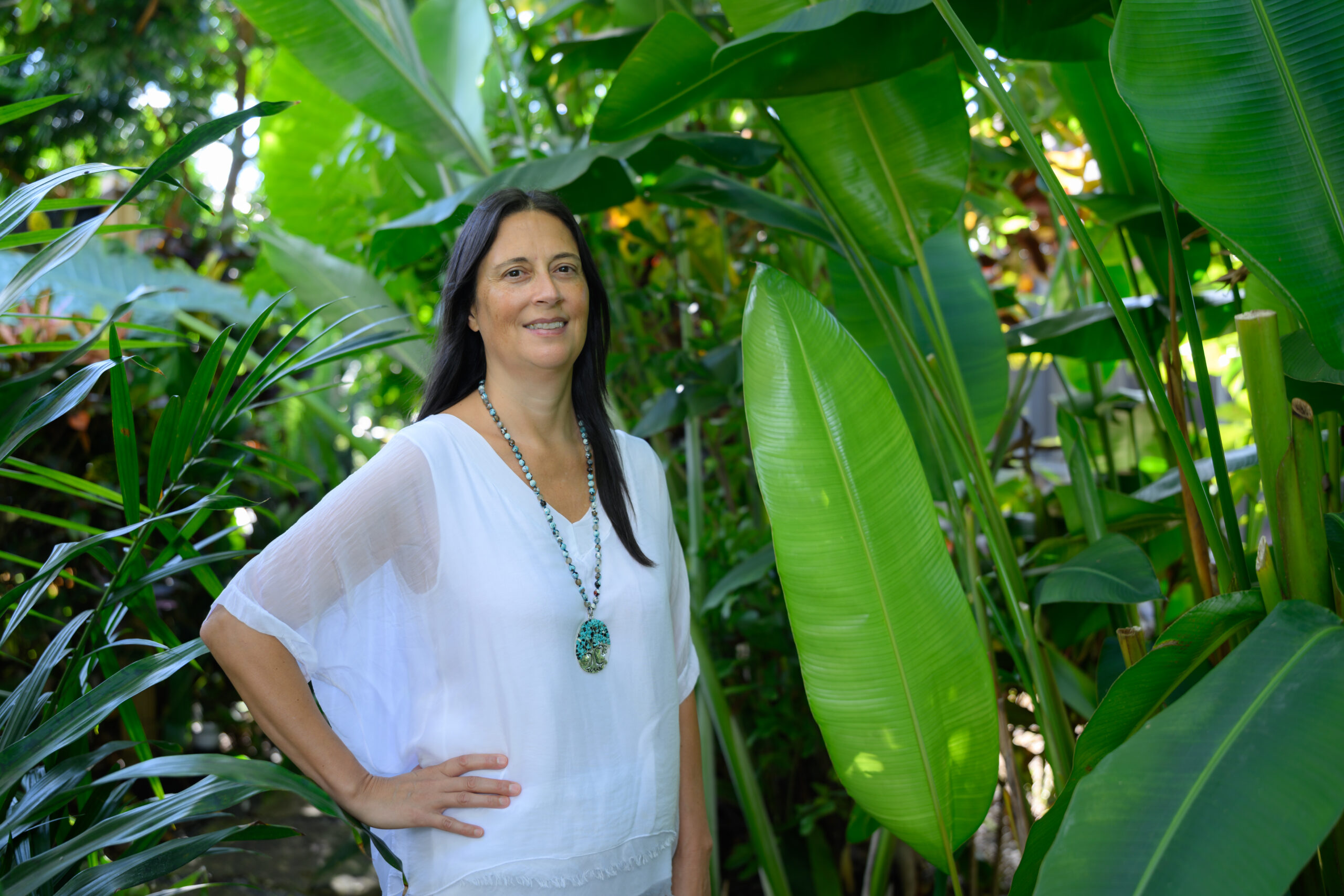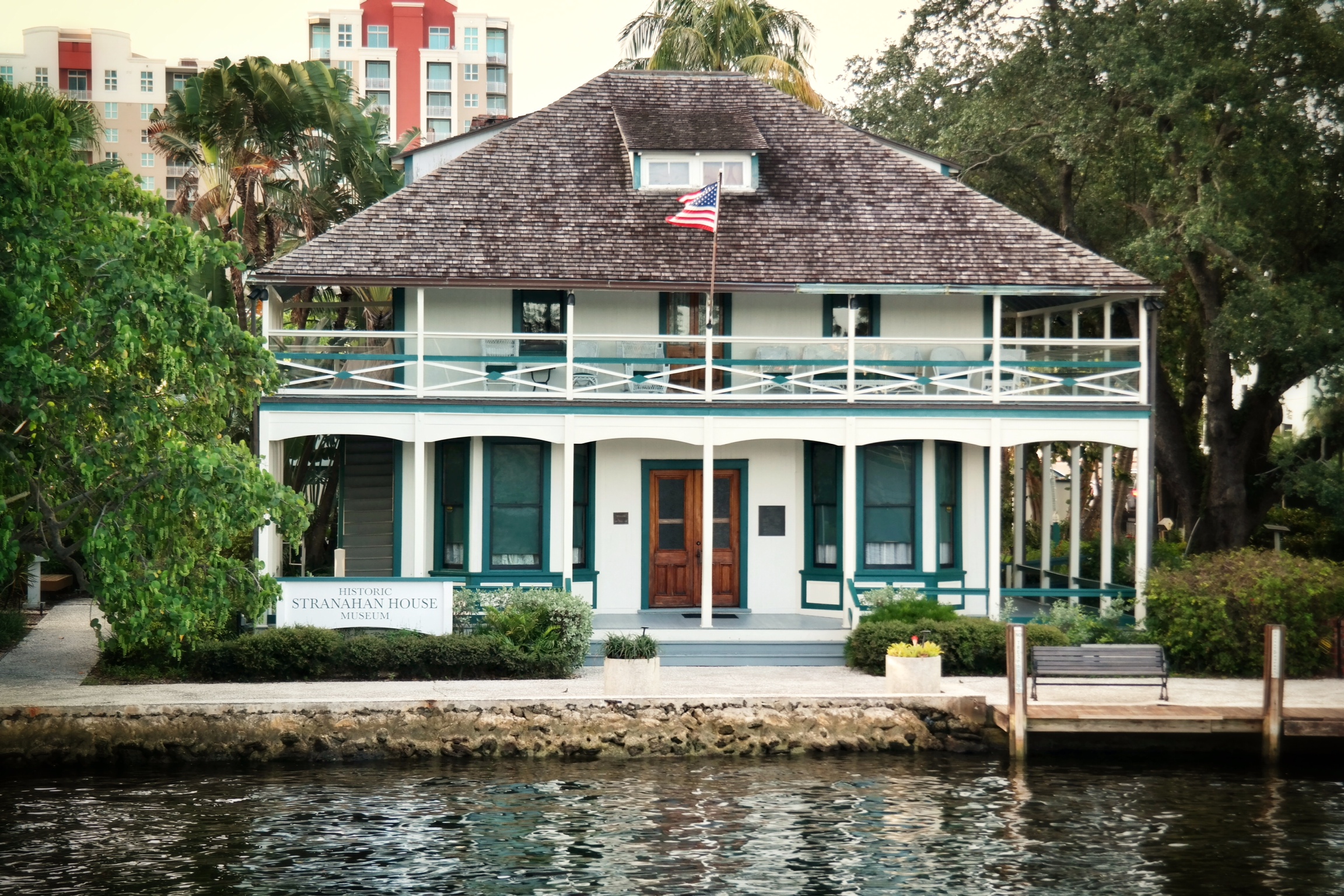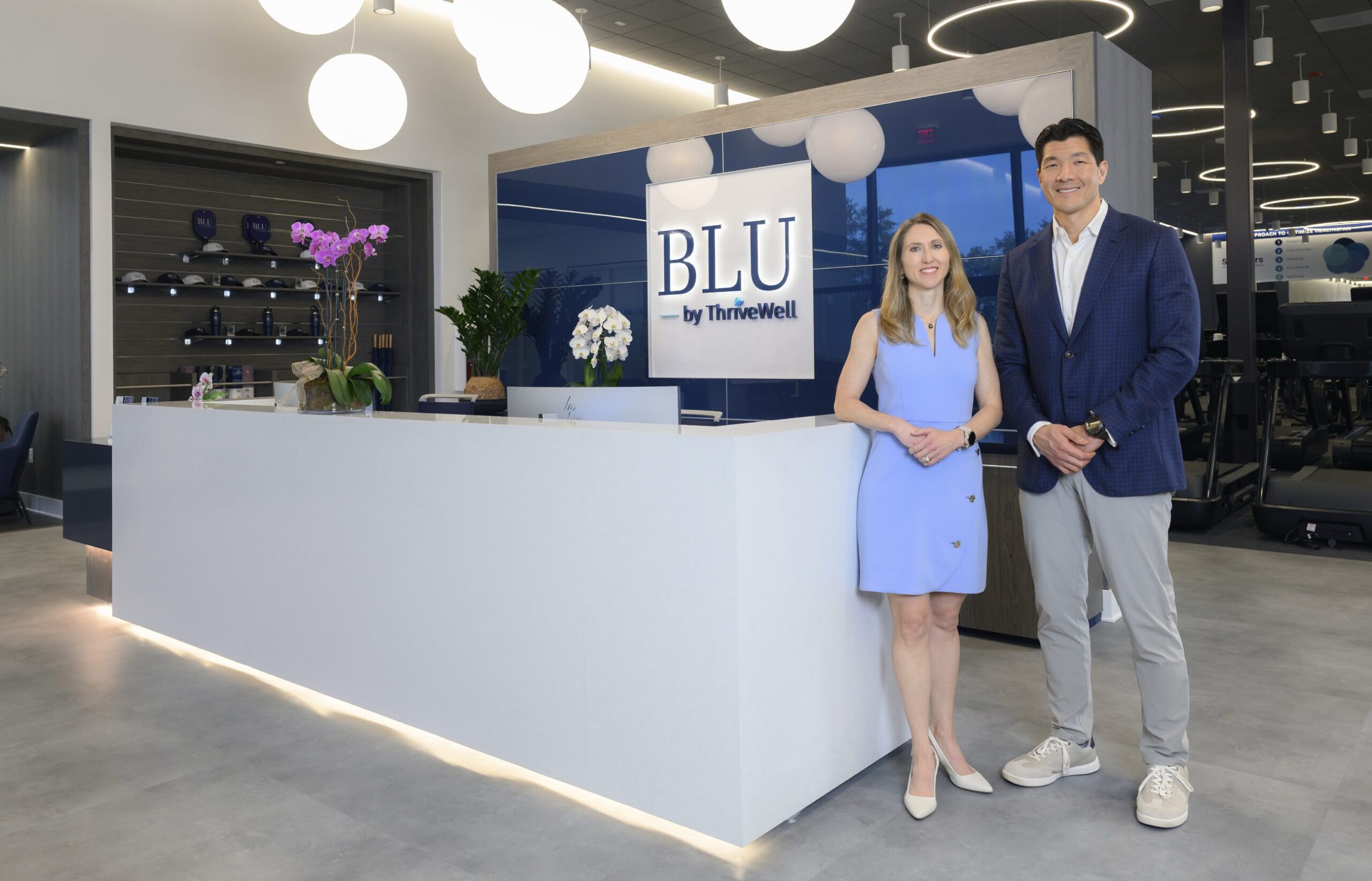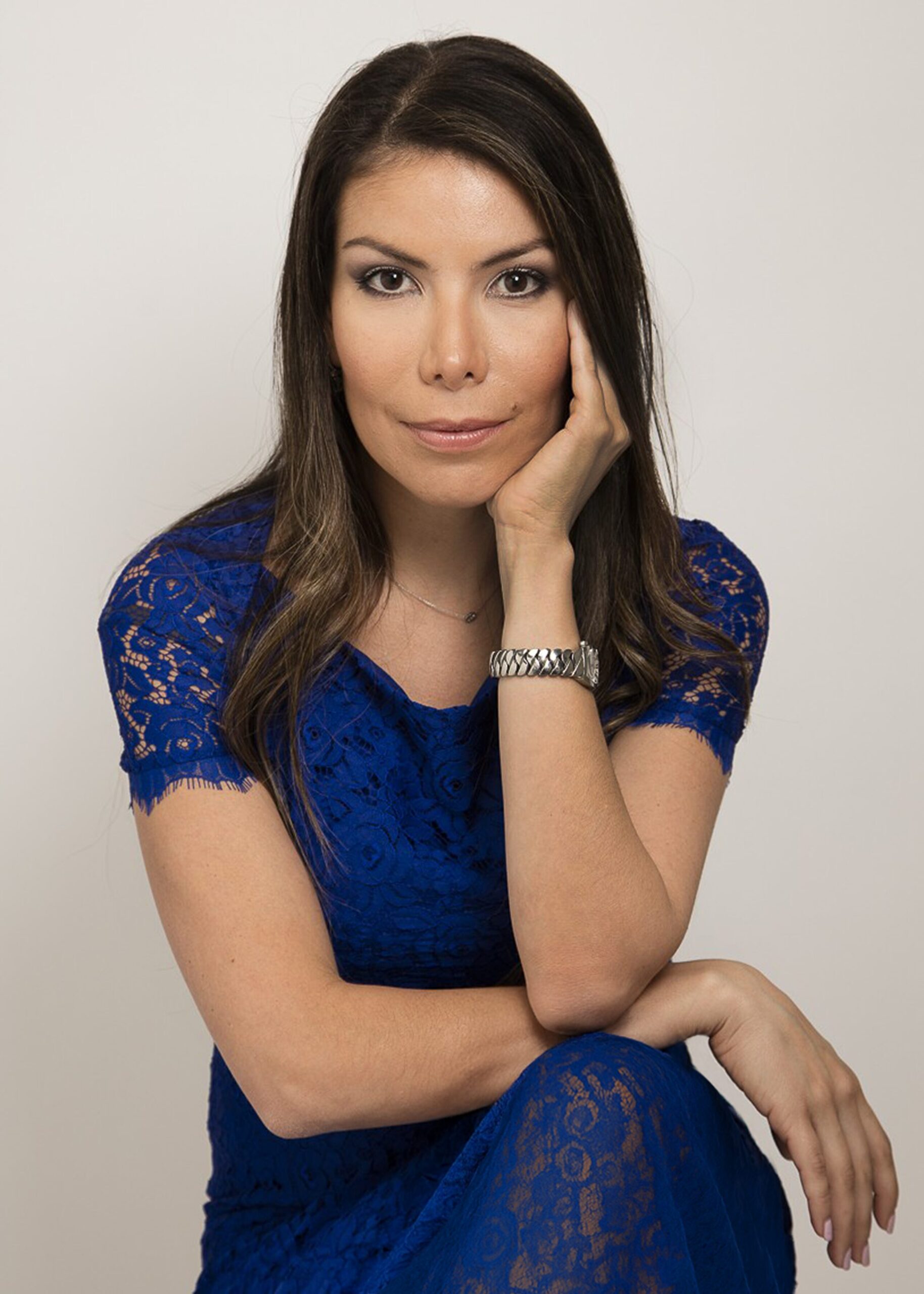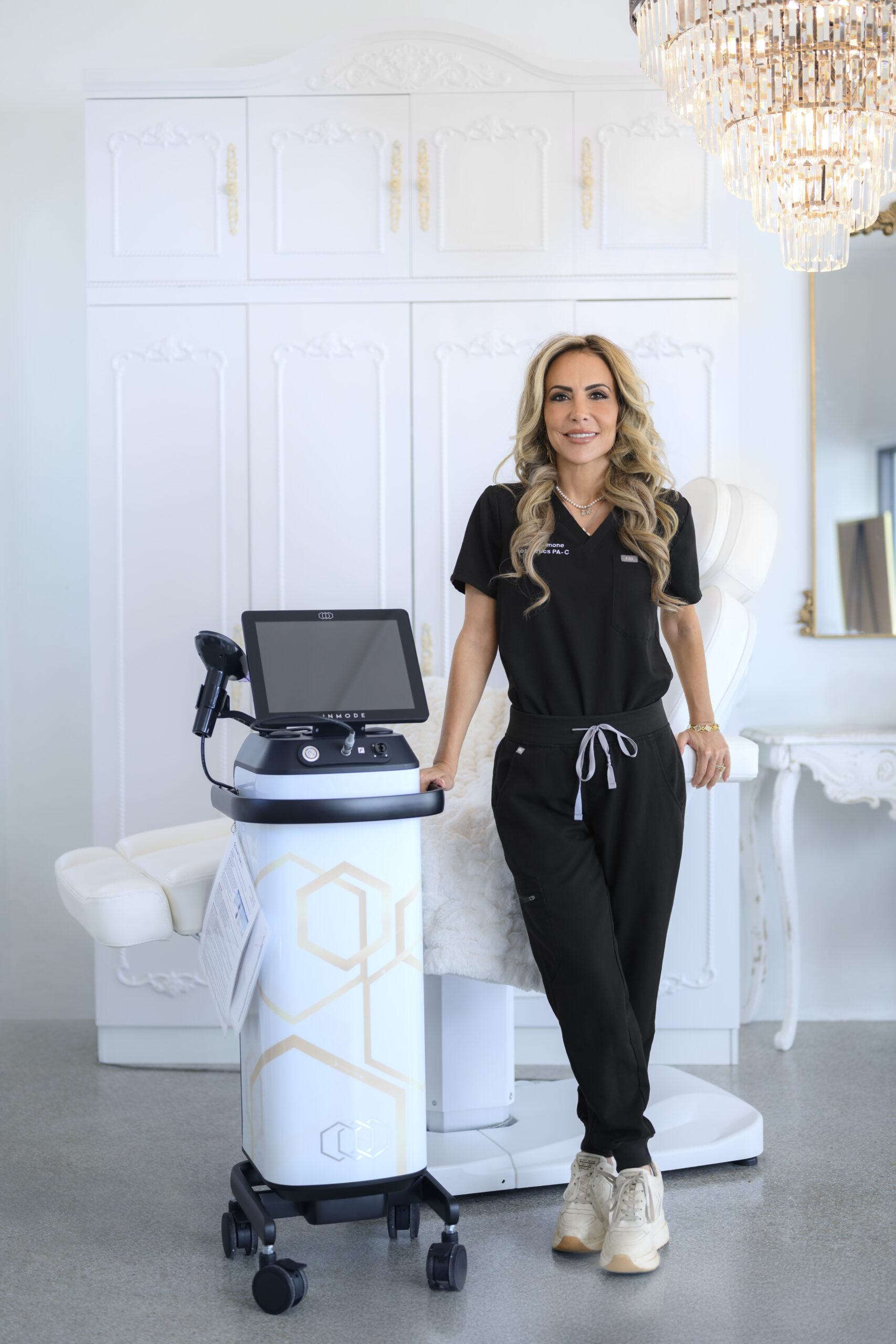Trial attorney, Pita, Weber & del Prado
 For Shannon del Prado, nothing is more personally satisfying than helping someone achieve something that they can’t do on their own. Because she’s a lawyer, there’s nothing more professionally satisfying, either.
For Shannon del Prado, nothing is more personally satisfying than helping someone achieve something that they can’t do on their own. Because she’s a lawyer, there’s nothing more professionally satisfying, either.
Growing up with a foreign service officer father and a mother who worked for the United States Agency for International Development, she saw firsthand how they helped people throughout Latin America. Earning a master’s degree in international business while working in the Justice Department on a judicial reform project in Latin America, she realized she wanted a law degree to be able to help others.
She went to South Texas College of Law and then moved to Miami with her husband, Howard K. “Skip” Pita, a fellow lawyer. A few years later, Pita found that he needed an associate at his firm. Meanwhile, del Prado, working at another firm, realized she needed more flexibility after the birth of their first child. So they went into practice together. Specializing in personal injury and wrongful death, del Prado and Pita practice with Randy M. Weber and Rosanna Molinari Weber, another married couple.
In 2016, she was the first female Hispanic president of the Miami-Dade Trial Lawyers Association. In that role, she made it her mission to bring the organization closer to the community and the community closer to members. For example, each month a member firm feeds the homeless at Chapman Partnership.
“Being able to help other people is a gift and being able to give back to our communities is a gift,” del Prado says. “To whom much is given, much is expected.”
Pinecrest Lifestyle spoke with del Prado about her pursuits.
1 What is your current involvement with the Miami-Dade Trial Lawyers Association?
I still chair a monthly program, called “A Date with Justice,” where we have a judge for an informal dinner. We still are active with different community outreach programs. We’re doing a field day for foster children. They do great things, and I’m committed to continuing to support it.
2 What other philanthropic work are you involved in?
In 2008, we decided to put together a medical team to go to Peru. My parents run a clinic in the Andes there. Every month, they take a team of U.S. surgeons. At the time, Miami was ranked second in volunteerism to Las Vegas. I thought, “That’s not who we are. There are great people in Miami.” So my husband and I—with Drs. Daniel Kalbac, Anthony Cardella, Miguel Cobas, Gabriel Salloum, Pat Pazmino and Doctors Hospital nurses—put together a team to go to Peru and it was fantastic. We’ve had seven teams [headed by different doctors] since then [for Project Peru, the name of the initiative]. The teams have performed over 280 surgeries. One little girl burned her hand and the scar tissue seared her fingers shut. The plastic surgery team separated her fingers so she could hold a pencil. Another girl who played volleyball burned the back of her leg. [The medical team] broke up the scar tissue so she could stretch while playing.
3 What’s your most memorable case?
Every case is special. But the most memorable case for me was when I first started practicing law 20 years ago. It was a fisherman in the Keys. He knew that our firm handled accidents; his car was totaled, and he was getting the runaround [from his insurance company]. He wasn’t hurt. He didn’t realize that we only handled serious injury cases, but I felt bad for him because it was his only means of making money for his family. He had to drive. Over the years, that gentleman was so grateful, and he has referred clients and substantial cases to me. What I took away from that is that the world really is round, and if you give to others, it will come back to you.
4 What is it like to balance work and home when you work with your spouse?
By the time 6:30 rolls around, you’re tired. You’re drained mentally and [explaining] to your spouse what’s going on can be tiring, so maybe you tend not to share. But when you do work together, they already know clients, the case, the facts, so it’s easier to get to the heart of it. Then, of course, the downside of that is that maybe you end up talking about work more with your family. [Laughs.] Our kids know our cases too. We’re having dinner, we’re talking about it and they’ll say, “I think this,” and give us a fresh perspective. And the older they get, the more sophisticated their opinions are.
5 What do you love about living in Pinecrest?
I love the sense of community my children have grown up with. I love knowing our police officers. All three of our children went to Palmetto Elementary, so they had some of the same teachers. I watched their kids grow up. They watched mine grow up. Sometimes, they come over to your children’s birthday parties. I love going to the gym and seeing your mayor and knowing you can call him and that he’s going to take your call. That kind of community is just unheard of in this day and age. We really have something special in Pinecrest.



